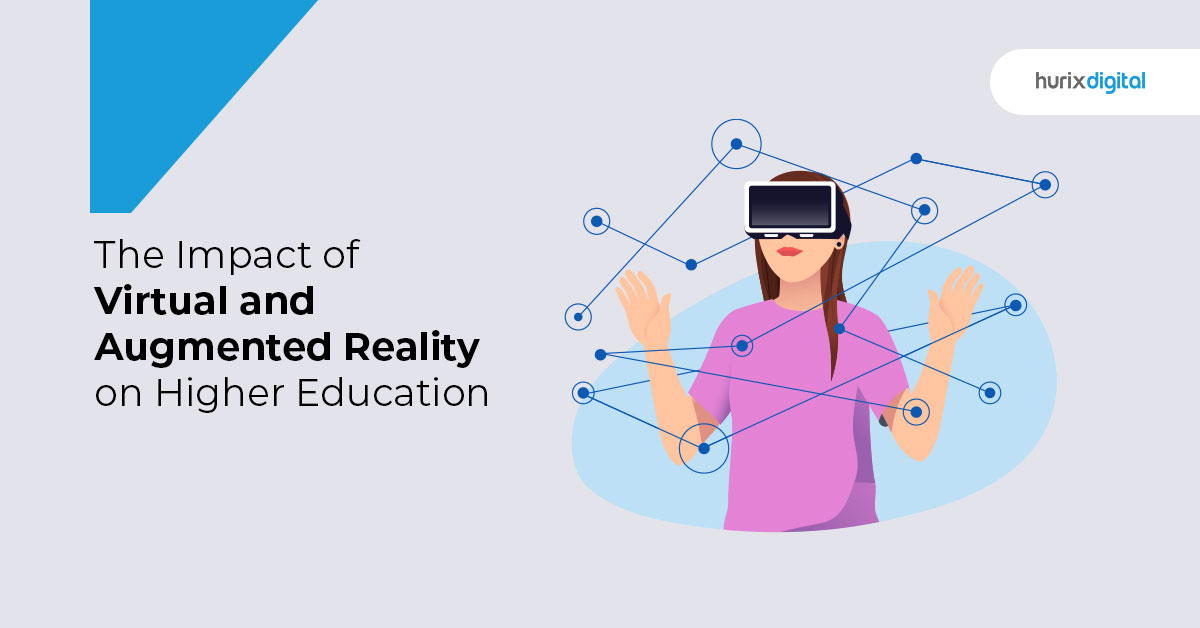Augmented reality in higher education

The integration of augmented reality (AR) in higher education has been a game-changer, ushering in a new era of interactive and immersive learning experiences. With insights from reputable sources, including academic studies and expert opinions, let's explore the impact of augmented reality on higher education and how it's reshaping the way students engage with course content.
Enhanced Learning Experiences:
A study published in the "Journal of Educational Technology & Society" highlights how augmented reality enhances learning experiences in higher education. By overlaying digital information onto the real world, AR applications provide students with interactive and three-dimensional content, fostering a deeper understanding of complex subjects.
Engagement and Retention:
According to research from the "International Journal of Human-Computer Interaction," augmented reality improves student engagement and information retention. Interactive simulations and AR-enhanced materials capture students' attention and make learning more memorable, contributing to a more effective educational experience.
Virtual Laboratories and Simulations:
The "EDUCAUSE Review" emphasizes the role of augmented reality in creating virtual laboratories and simulations for higher education. AR allows students to conduct experiments, explore scientific concepts, and engage in hands-on activities in a virtual environment, overcoming limitations posed by traditional physical labs.
Practical Applications in Medicine:
A report from the "Journal of Medical Internet Research" discusses the impact of augmented reality in medical education. Medical schools are leveraging AR to simulate surgeries, anatomy exploration, and patient interactions, providing students with realistic scenarios to enhance their practical skills and decision-making abilities.
Accessibility and Inclusivity:
The "International Journal of Information and Communication Technology Education" highlights augmented reality's potential to improve accessibility and inclusivity in higher education. AR applications can provide alternative ways of presenting information, catering to diverse learning styles and ensuring that education is accessible to all students.
While the benefits of augmented reality in higher education are substantial, it's essential to acknowledge challenges such as the cost of implementation, technological barriers, and the need for faculty training. As per the "EDUCAUSE Review," addressing these challenges is crucial to ensuring the successful integration of AR into academic settings.
Augmented reality is transforming higher education by offering innovative solutions to age-old challenges. The cited sources collectively demonstrate how AR enhances learning experiences, increases engagement, and provides practical applications across various disciplines. As higher education institutions continue to explore and implement augmented reality, students are poised to benefit from a more dynamic, interactive, and inclusive educational journey, preparing them for the challenges of the rapidly evolving digital age.
Additional Resources:








